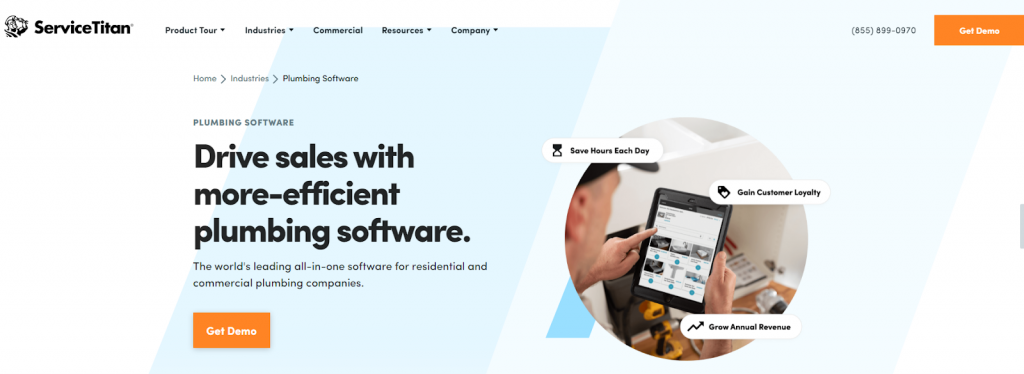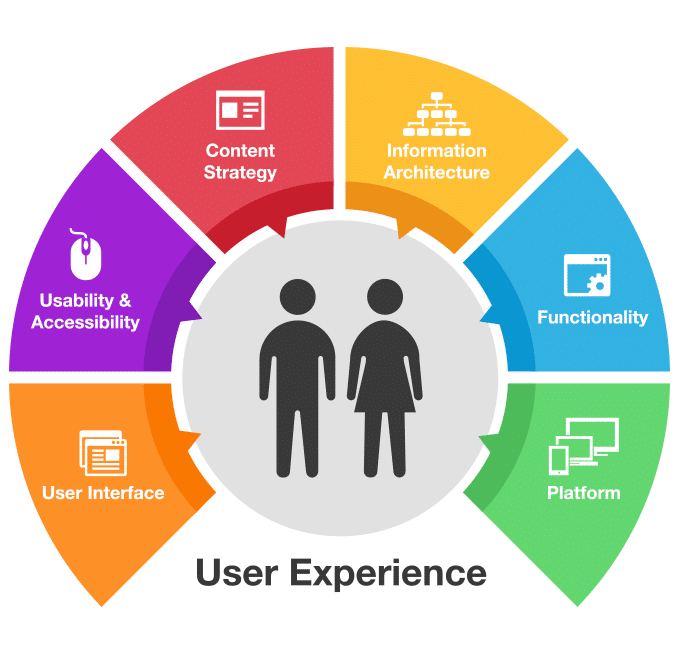Running a small business is no easy task. As a small business owner, you wear multiple hats and juggle numerous responsibilities. From managing finances to handling customer relations, your plate is always full. However, one crucial aspect that often gets overlooked is performance management. Keeping track of employee performance and ensuring productivity can be a daunting task, but fret not! With the advent of performance management software, small companies now have a powerful tool at their disposal to streamline operations and drive success.
What is Performance Management Software?
Performance management software is a comprehensive solution designed to help businesses effectively monitor, evaluate, and improve the performance of their employees. It provides a centralized platform where managers and supervisors can set goals, track progress, provide feedback, and conduct performance reviews. By automating these processes, performance management software simplifies the complex task of managing and optimizing workforce performance.
The Benefits for Small Companies
Implementing performance management software can bring a multitude of benefits to small companies. Let’s explore some of the key advantages:
1. Enhanced Performance Tracking and Evaluation
Gone are the days of manually tracking employee performance on spreadsheets or using outdated methods. Performance management software allows small businesses to track and evaluate performance in real-time. It provides a comprehensive overview of individual and team performance, enabling managers to identify areas of improvement and make data-driven decisions.
2. Goal Setting and Alignment
Setting clear goals and aligning them with the company’s vision is crucial for success. Performance management software enables small businesses to set SMART (Specific, Measurable, Achievable, Relevant, and Time-bound) goals and cascade them throughout the organization. This ensures that everyone is working towards the same objectives and cultivates a sense of purpose and direction.
3. Continuous Feedback and Coaching
Regular feedback is essential for employee growth and development. Performance management software facilitates ongoing feedback and coaching, enabling managers to provide timely guidance and support. This fosters a culture of open communication, encourages skill enhancement, and boosts employee morale.
4. Streamlined Performance Reviews
Gone are the days of cumbersome annual performance reviews. Performance management software simplifies the review process by automating reminders, generating performance reports, and streamlining documentation. This saves valuable time and ensures that performance reviews are conducted regularly, keeping employees engaged and accountable.
5. Identify Training and Development Needs
Small companies often struggle to identify skill gaps and training needs due to limited resources. Performance management software provides valuable insights into individual employee strengths and weaknesses. It enables managers to identify specific areas where training and development are required, helping employees upskill and stay relevant in a rapidly evolving business landscape.
6. Improved Employee Engagement and Retention
Engaged employees are the backbone of any successful organization. Performance management software fosters employee engagement by promoting transparency, recognition, and career development. It allows employees to track their own progress, view feedback, and actively participate in their performance management process. This, in turn, increases job satisfaction, reduces turnover, and enhances overall company culture.
Choosing the Right Performance Management Software
With numerous performance management software options available in the market, selecting the right one for your small business can be overwhelming. Here are some key factors to consider:
1. Scalability
Ensure that the software can grow with your business. As your company expands, you will need a solution that can accommodate increasing employee numbers and evolving requirements without compromising performance or user experience.
2. User-Friendly Interface
Look for software that is intuitive and easy to navigate. Your employees should be able to quickly adapt to the platform without extensive training, ensuring a seamless transition and maximum utilization.
3. Integration Capabilities
Consider your existing software ecosystem and choose performance management software that integrates seamlessly with your other tools, such as HRIS (Human Resources Information System) or payroll software. This will streamline processes and avoid duplicating efforts.
4. Customization Options
Every business has its unique requirements and workflows. Look for software that offers customization options, allowing you to tailor the performance management process to align with your company’s culture and specific needs.
5. Analytics and Reporting
Robust analytics and reporting capabilities are essential for extracting meaningful insights from performance data. Ensure the software provides comprehensive reporting features that enable you to track progress, identify trends, and make informed decisions.
Conclusion
As a small business owner, it’s crucial to leverage every available resource to drive success. Performance management software empowers small companies to optimize workforce performance, improve employee engagement, and foster a culture of continuous improvement. By automating and streamlining performance management processes, small businesses can focus on what they do best – growing and thriving in a competitive market.




